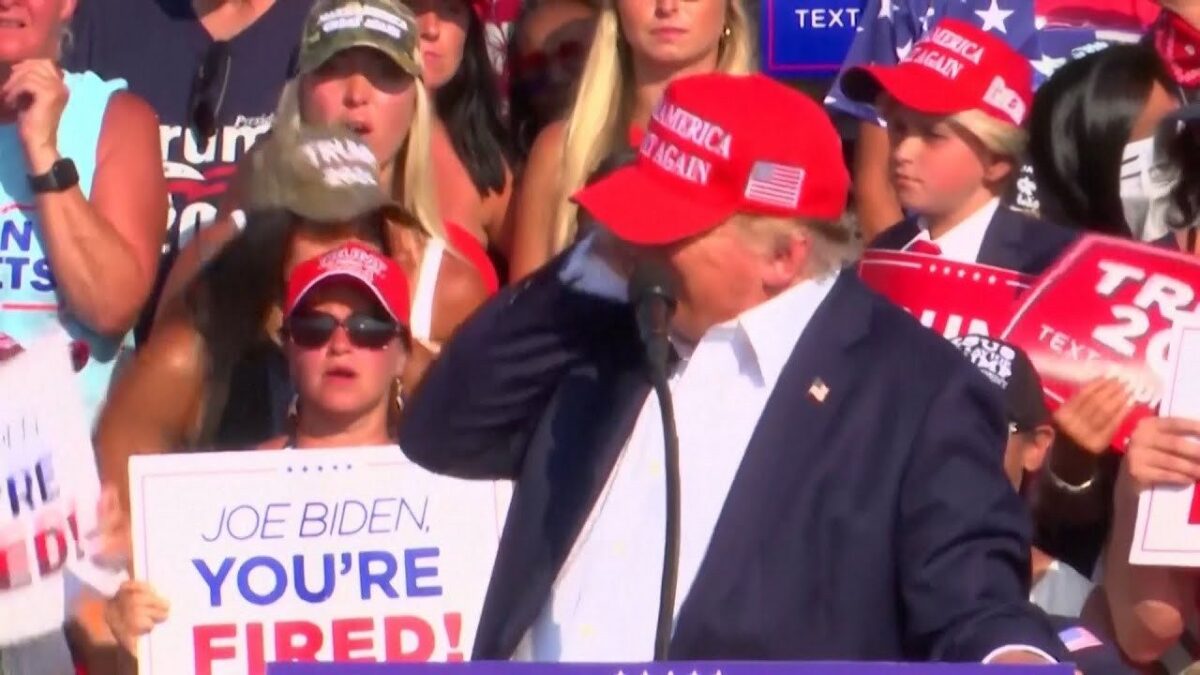Recent revelations from a whistleblower have pointed to significant security lapses at former President Donald Trump’s rally in Butler, Pennsylvania. These lapses are now being attributed to Acting Secret Service Director Ronald Rowe. According to the whistleblower’s testimony, shared with U.S. Senator Josh Hawley (R-MO), Rowe’s actions directly undermined the safety protocols meant to protect the former president and attendees.
The whistleblower disclosed that Rowe ordered substantial cuts to the Counter Surveillance Division (CSD) of the Secret Service. This division is crucial as it performs threat assessments and mitigates potential dangers outside the primary security perimeter. The absence of this team was felt acutely during Trump’s July 13 rally, where a would-be assassin, Thomas Matthew Crooks, managed to bypass security measures and position himself in a highly dangerous location.
Senator Hawley, in his letter to Rowe, emphasized the gravity of the situation. “This is significant because CSD’s duties include evaluating potential security threats outside the security perimeter and mitigating those threats during the event,” Hawley wrote. He noted that Crooks could have been apprehended early if the CSD had been operational. “The whistleblower claims that if personnel from CSD had been present at the rally, the gunman would have been handcuffed in the parking lot after being spotted with a rangefinder.”
The whistleblower further alleged that Rowe’s cuts were not made public during Senate testimonies. “You did not mention this in your Senate testimony when asked directly to explain manpower reductions,” Hawley stated. This omission raises questions about transparency and accountability within the Secret Service.
Rowe’s decision to reduce CSD manpower by 20% appears to have had dire consequences. The complex where Crooks hid his AR-15 rifle, approximately 130 yards from Trump’s podium, should have been included in the security perimeter. The absence of the CSD team allowed Crooks to climb onto the roof unnoticed, putting everyone at the rally at risk.
Additionally, the whistleblower’s report details incidents of retaliation against agents who voiced concerns about these security gaps. Agents who raised alarms following another event with Trump at a golf tournament last August faced punitive actions. They highlighted inadequacies in local law enforcement training and the vetting process for individuals attending the event, but their concerns were allegedly met with retaliation rather than resolution.
In response to these allegations, Secret Service spokesperson Anthony Guglielmi stated that they respect Senator Hawley’s oversight role and will address the request through official channels. The handling of this situation will be closely watched, as it underscores the critical need for robust and transparent security measures for high-profile political events.
The implications of these security failures are profound, not just for the immediate safety of political figures but also for public trust in the institutions tasked with protecting them.


Leave a Comment